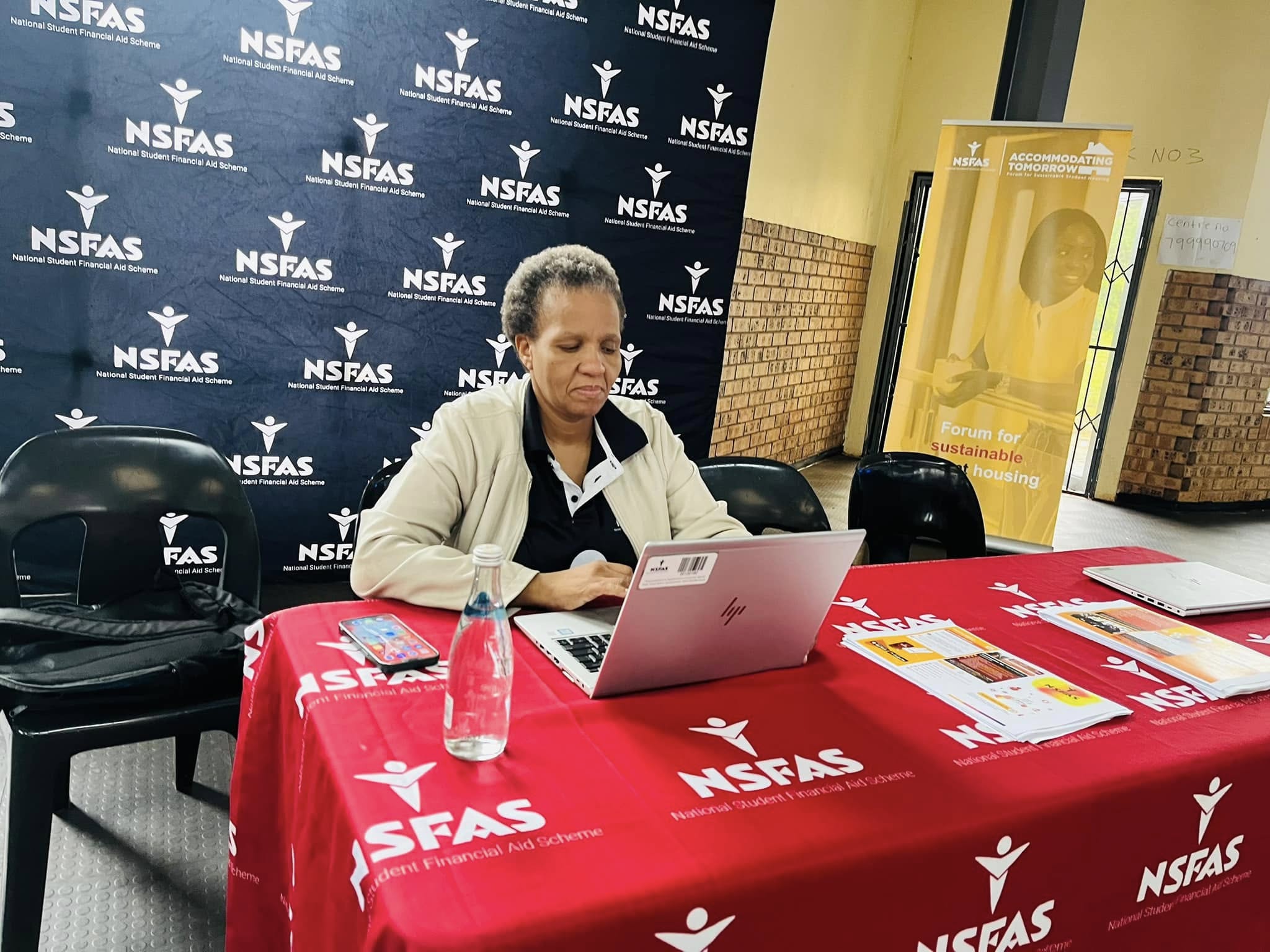The National Student Financial Aid Scheme (NSFAS) has initiated a Student Accommodation Pilot Program with the objective of developing cost effective housing solutions for learners in South Africa. This phase of the project seeks to provide accommodation support for qualifying students on a small scale as a way of testing and refining the processes before expanding it to a greater number of stakeholders. This effort marks remarkable progress towards reducing the financial constraints to education, and the aim is that it will benefit the students in the nation on a larger scale profoundly.
Details of the NSFAS Student Accommodation Pilot Project
The NSFAS Student Accommodation Expansion Pilot Project is designed to support students who have difficulties obtaining safe and affordable accommodation near where they study at tertiary institutions. Arguably, one of the most significant challenges has been finding reliable housing close to college or university for students, and those from low-income families bear the brunt. Many students are often forced to live in bunk houses or commute for long distances, and zero opportunities for reliable housing close to their schools does not help this issue, often significantly affecting a student’s academic success.
The focus of the NSFAS pilot program is to guarantee that students qualifying for financial aid can access safe and suitable housing that takes into account their educational requirements. This is part of the South African Government’s broader strategy to deal with the gaps related to equality in higher education and development goals by enabling all students excel in their studies.
Effects of the Pilot Project on Students
The NSFAS accommodation pilot is set to benefit students directly in multiple dimensions.
Meeting Low Cost Accommodation Needs: The accommodation expenses for lower income students is often prohibitively high. This pilot scheme will reduce their burden because it will enable subsidized student housing for those who qualify. The funding structure established above assures students do not have to make the difficult choice of which academic supports they will give up.
Improved Academic Performance: A student’s academic performance can be significantly enhanced with the availability of reliable accommodation close to campus. Proper accommodation enables students to concentrate on their studies without stress from having to commute long distances or live in unsafe conditions. The closer students live to campus, the more academic and extracurricular activities they will partake in, hence creating a more balanced educational experience.
Reduction in Financial Strain: The high cost of living in and around a university place financial strain on students. Accommodation provided under NSFAS will alleviate some of these stresses enabling students to focus more on their studies instead of constantly worrying about where to live. This alleviates the burden students face of having to find part-time work which, in many cases, interferes with their education.
Access to Safe and Quality Housing: Students living away from home have the issue of safety that is very important to consider. The goal of the NSFAS accommodation initiative is to ensure proper housing support is given to students so that they live in safe and properly cared for boarding facilities. This is especially relevant to students who live in urban regions where the availability of accommodation often results in unsafe overcrowded conditions.
Help for Unique Student Requirements: The pilot program aims to reach different categories of students as it includes the ones from rural areas, those who are disabled, and those from low-income families. The project attempts to accommodate multiple type students by finding solutions to their various needs.
Heightened Consideration for Emotions and Self-care: Students face emotional challenges due to the lack of adequate housing. With an NSFAS-funded accommodation, students are at ease knowing that their housing arrangements are stable and appropriate. This, in turn, is likely to enhance their mental wellness, making them more willing to participate in social and academic activities.
Possible Obstacles and Take Into Account
The NSFAS Student Accommodation Pilot Project has great potential, but as with anything it does face some obstacles:
Access to Housing: The accomplishment of the project is based on there being enough accommodation space around the campuses. Certain areas could have a high demand of accommodation options but very limited options making it hard for all qualifying students to be housed.
Long-Term Sustainability: The pilot project is undergoing testing with very few beneficiaries. If it is proven to be successful, widening the coverage to additional students may run into issues with funding and logistics. The long term sustainability of the initiative will depend on the government’s capability to resources to serve the requirements of all the students in the country on a perpetual scale.
Monitoring and Accountability: Proper tracking will be important in ensuring that the allowance provided for the student’s accommodation is being utilized properly. NSFAS will have to devise sufficient systems to monitor accommodation allocations, disputes, and student safety.
Conclusion
The NSFAS Student Accommodation Pilot Project is a great attempt to ensure that students with complex financial and housing challenges are better equipped to receive higher education. The project aims to address the growing need for affordable and secure accommodation by providing students the chance to excel academically as well as integrate socially. The project certainly faces challenges concerning the availability of resources and long term sustenance, but over time, it can drastically change the manner in which accommodation is bestowed on students while greatly reducing the inequalities that are present in South African education.
